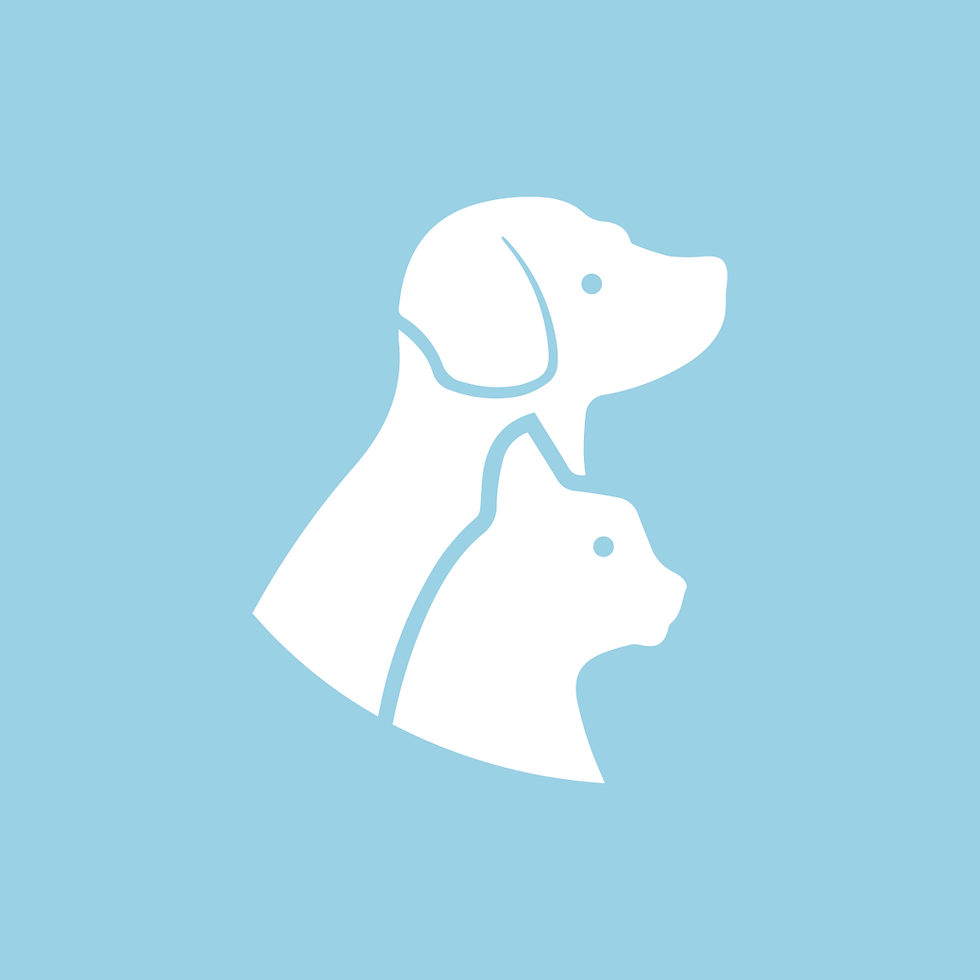Pet ownership in Austria: The essentials
- Nils Kley

- Jul 3, 2023
- 3 min read
Updated: Oct 28, 2025
This Pet Ownership in Austria guide will provide you with all the information you need if you are planning to own an animal. It covers the basics of keeping dogs, cats and other animals such as chickens, exotic birds and reptiles.
General information
General and specific guidelines for the husbandry of animals in Austria are predefined by a variety of laws, in particular the Austrian Tierschutzgesetz (TSchG) as well as the 1. Tierhaltungsverordnung (farm animals) and 2. Tierhaltungsverordnung (all other animals). The specifications in the latter, like enclosure size, temperatures etc., are legally prescribed and cannot be individually negotiated with the responsible official veterinary authorities („Amtsveterinär / Amtstierarzt / Veterinäramt“).
The breeding of animals, may it be as a hobby or commercially, must be reported to said relevant official veterinary authorities. Furthermore, certain breeding characteristics such as
hyperbrachycephaly or osteochondrodysplasia are considered "Qualzuchten" ("breeding causing pain, suffering or harm") in accordance with the TSchG that are detrimental to the health of the animals. Therefore, breeding with animals showcasing such characteristics is forbidden.
Advertising to sell or donate an animal in public (which includes posts on notice boards in supermarkets, Willhaben.at and Facebook) is illegal unless you are a registered breeder or
animal shelter.
Dogs
All dogs kept in Austria must be chipped and registered at the Heimtierdatenbank (pet database) within a month of arrival in Austria (TSchG §24a). If the dog has already been registered in Austria and is given to a new owner, the new owner has to update the registration entry accordingly. Registration of dogs – Heimtierdatenbank und Chippflicht (oesterreich.gv.at)
Furthermore, dogs also need to be registered at the relevant tax authority within a week
of acquisition. Hundeabgabe (Hundesteuer) (oesterreich.gv.at)
Depending on varying federal laws, to keep dogs in general or certain dog breeds in particular, dog owners must either attend a certified expert course or submit an adequate proof of expertise as "Sachkundenachweis" ("Certificate of expertise") to their local official veterinary office.
General legally prescribed husbandry requirements regarding dogs are listed in the 2.
Tierhaltungsverordnung (TSchVO) 2. (1) – which also outlaws keeping dogs in crates for longer than 30min at a time (exceptions: treatment at a veterinary hospital, transport).
The acquisition, breeding or husbandry of certain "dangerous" dog breeds (so-called "Listen/Kampfhunde") can be restricted or even prohibited in certain Austrian federal states/local communities. Listenhunde ("Kampfhunde") (oesterreich.gv.at)
Docking of the tail and ears is strictly prohibited and will be persecuted even when the
procedure was undertaken outside of Austria. Ankauf und Haltung von Haustieren (oesterreich.gv.at)
Cats
General legally prescribed husbandry requirements regarding cats are listed in the 2.
Tierhaltungsverordnung (TSchVO) 2. (2) – which also outlaws leashing cats.
All breeding cats must be chipped and registered at the Heimtierdatenbank (TSchG §24a).
Free-ranging cats have to be neutered.
Chicken, ducks and other poultry
Even if you’re just keeping a few specimens for your personal amusement – your private
poultry husbandry must registered within a week after acquisition at the relevant official
veterinary authorities in accordance with §6 Geflügelpestverordnung.
Other pets
As mentioned before, the general legally prescribed husbandry guidelines for pets can be
found in the 2. Tierhaltungsverordnung. Among others, social small mammals such as rabbits or guinea pigs should not be kept as single individuals in tiny dark shacks.
The husbandry of wild animals (which includes exotic birds such as most parrot species and reptiles such as tortoises/turtles, lizards and snakes) must be registered at the local veterinary office within two weeks of acquisition. (§25 TSchG)
The private husbandry of certain wild animal species (such as primates, wolves, small/big cat species as well as their hybrids) is completely forbidden and only allowed at certain certified institutions (such as zoos in accordance with the Austrian Zoo Verordnung).
Since January 2023, Vienna requires a „Sachkundenachweis“ ("certificate of expertise") for the private husbandry of so-called „exotic“ pets such as parrots, reptiles and amphibians. Archivmeldung: Ab 1. Jänner 2023: Wien führt verpflichtenden Sachkundenachweis für
Travelling
The entry with pets from EU and non-EU countries into Austria is regulated by a variety of EU and national rules regarding animal welfare, animal disease control, public health and species conservation.
Please contact your local Austrian official veterinary office as well as the responsible embassies in the relevant countries for individual enquiries as far in advance as possible before travelling to/from Austria with your animal. For further information see: https://www.bmf.gv.at/en/topics/customs/travellers/prohibitions-and-restrictions-on-imports/travelling-with-animals.html
Further reading
The following websites will be useful for further information. Your browser will translate the German for you.
General information (Austrian government):
https://www.oesterreich.gv.at/en/themen/reisen_und_freizeit/haustiere
About the author
Dr. Nils Kley is a qualified and practicing Amtsveterinär (official veterinarian) in Austria as well as the proprietor of Welt der Gifte, (Facebook) in Salzburg, Austria's smallest zoo which is devoted to venomous and poisonous animals.





Comments